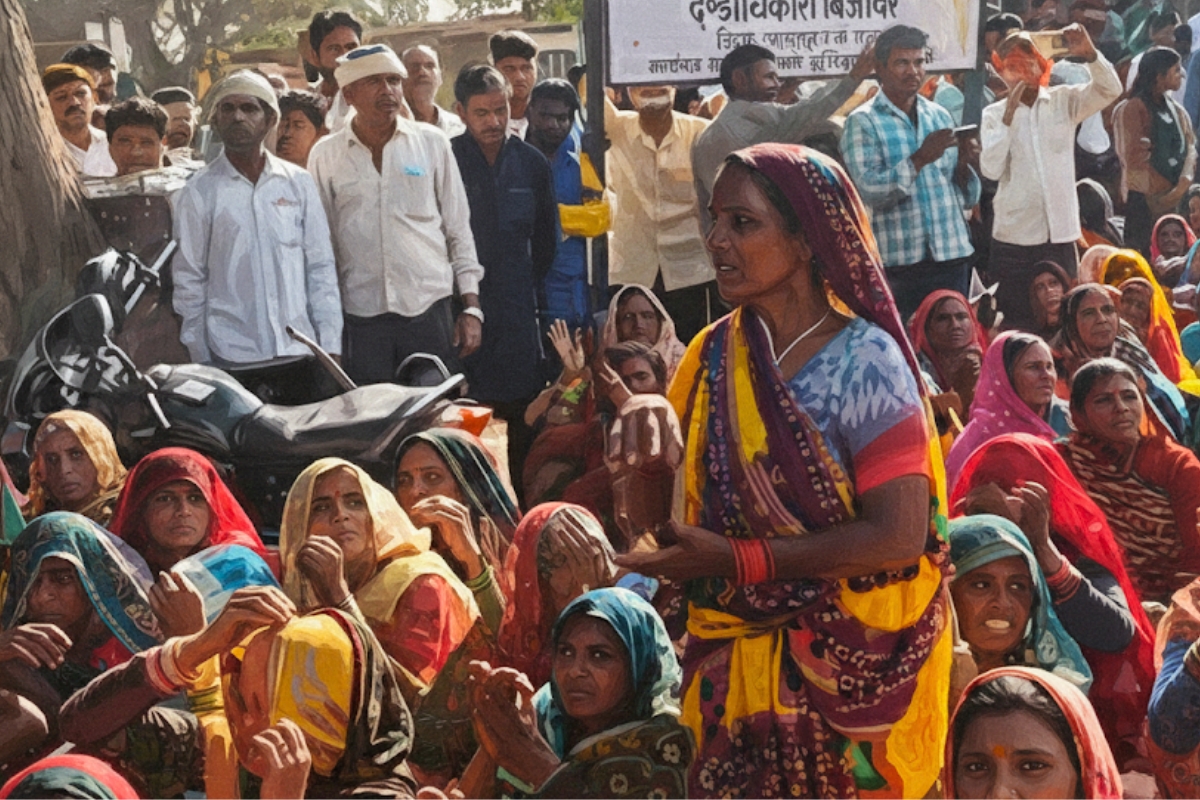It is the first week of October, yet the heat and humid weather continues in Delhi. Occasional rain brings short relief, but for people who work in the unorganised sector it is hitting them hard.
These workers include street vendors, domestic helpers, waste pickers and rickshaw pullers. They work outdoors or in cramped, poorly ventilated spaces. They do not have steady pay or safe workplaces, so bad weather immediately affects their health and their income.
When the heat rises, fewer customers come out and many outdoor sellers earn less. Heavy rain can stop work for hours. Domestic helpers struggle to reach homes on time and often cook in hot, closed kitchens without fans. Waste pickers breathe foul air from rotting garbage and work without proper protection. Rickshaw pullers face long hours in the sun and run the risk of dehydration and heat stroke.
The combined effect is economic and physical harm. Less work means less money for daily needs. Health problems mean more medical expenses and fewer days able to work. These pressures push already vulnerable families closer to poverty.
Experts say short-term measures can help: shaded vending zones, public drinking water, clean toilets, shaded rest areas for rickshaw pullers and cooling centres where people can rest. Longer-term steps include legal recognition, social protection and including unorganised workers in disaster planning.
Informal workers keep the city running. If the city does not protect them from worsening weather, many will lose their livelihoods and face deeper hardship, even though they have contributed very little to the causes of climate change.
Explore More Video Reports
Dwarka Forest: Locals Campaign to Protect Delhi’s Green Patch







